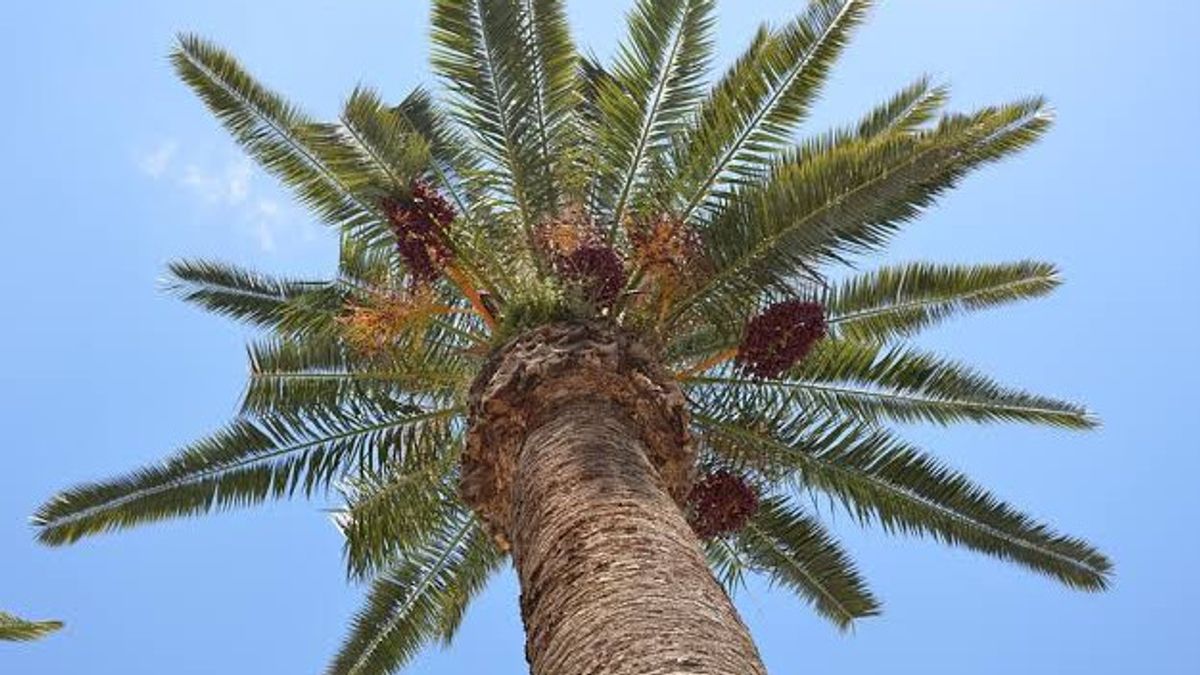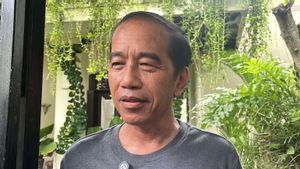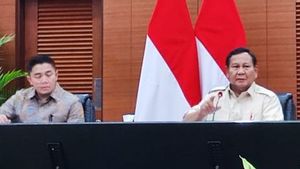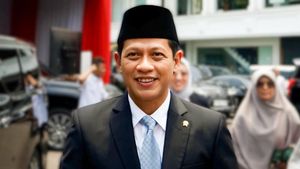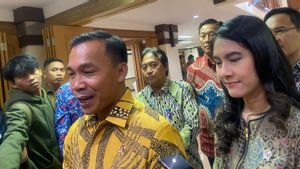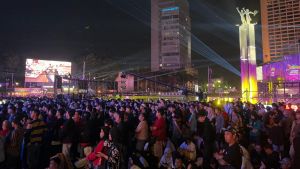JAKARTA - The role of palm oil in the national economy through improving the living standards of rural communities in Indonesia has been very large since decades ago. However, it turns out that there are still many millennial generations who do not understand this plant.
The General Chairperson of the My Future Sawitku Association (Samade), Tolen Ketaren, said that from the outreach activities carried out by Samade, many millennials found that palm oil harvesting must be done by cutting down trees so as to damage forests or cause deforestation.
“Indonesia is the largest palm oil producer in the world. This is what the government should campaign for. The media must be embraced. The government must go to the field. Especially those who are hard to understand are the younger generation in the city. In the city, because they don't know about palm oil, children now think that palm trees are cut down and the oil is taken," said Tolen, in his written statement, Friday, December 3.
Tolen said this understanding was found in the millennial generation from urban areas who had never seen oil palm plantations directly. The younger generation who live in provinces or areas that are central to oil palm plantations will not be easily influenced by the negative campaign of oil palm. Because, they already know the benefits of oil palm plantations for the surrounding community.
He said, in the field of oil palm, the people living around the plantations do not need to sell their land. Even with the ownership of one or two hectares of land, the community can become oil palm farmers and the harvest is already accommodated.
In addition, there is also a transfer of technology from palm oil companies in the process. For example in terms of seeds, plant maintenance and fertilization.
Oil palm plantation areas are different from gold mining areas. In gold mining areas, people are usually prohibited from participating in mining. In fact, the community had already mined gold in the area long before the big companies arrived. However the locals have to stop their activities and will be considered as illegal miners.
“Another example is the community around the paper mill. Even if there is one or two hectares of land, it will not be able to be used to plant acacia trees for pulp because the harvest period is long, so they cannot be relied on to fulfill the daily lives of the surrounding community, "said Tolen.
Separately, Kurniadi Patriawan, Deputy President Director of PT Nusantara Sawit Sejahtera, who belongs to the millennial generation, said that the palm oil industry has been proven to be one of the commodities that support the national economy. According to Kurniadi, this position must be maintained and continuously developed.
“Millennials will be the next generation to maintain and develop the achievements of the Indonesian palm oil industry in the future. For that, millennials need to play a role and be involved in palm oil companies, including being shareholders," he said.
The black campaign is currently also targeting millennials. To deal with this, Kurniadi hopes that the younger generation can be more critical.
This means that they do not immediately receive negative information about Indonesian palm oil. This is because this negative information has a huge impact on the community's economy, especially for workers and people who have been relying on the palm oil industry for their livelihood.
"If the Indonesian millennial generation has great concern and wants to do something, then I believe that Indonesia, as the largest vegetable oil producer in the world, cannot be shifted," said Kurniadi.
He said it was not easy to control and maintain Indonesia's position as the world's largest palm oil producer. The biggest challenge is to raise awareness within oneself that oil palm is a national asset that must be protected together.
Once there is mutual awareness, it will be easier to carry out a national movement to inform the role of the palm oil industry to the community and the national economy as has been done by the Malaysian Government, starting from upstream to downstream activities of palm oil.
The English, Chinese, Japanese, Arabic, and French versions are automatically generated by the AI. So there may still be inaccuracies in translating, please always see Indonesian as our main language. (system supported by DigitalSiber.id)
